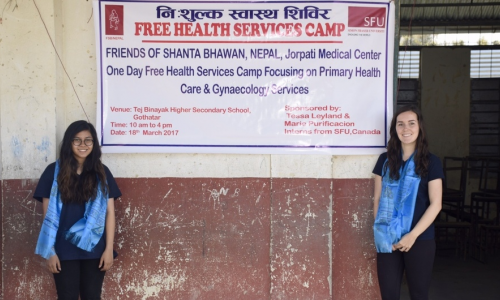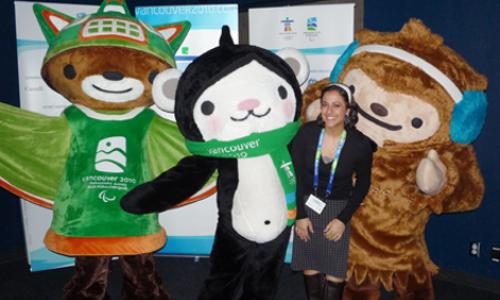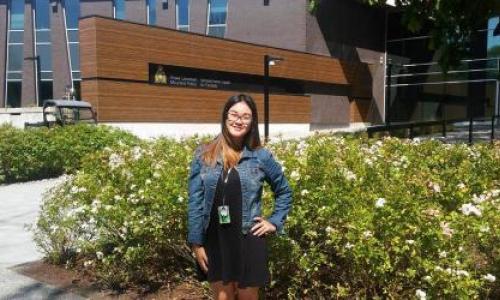
As a co-op student, interviewing can be the most daunting part of the job search. Below are some tips to help you succeed in your next interview that I learned through my involvement with the hiring process at my workplace:
1. First Impressions ARE Everything!
First impressions can set the tone for the whole interview, and this begins right when you walk into the building. Interviewers are people too, so make sure to greet each of them with a smile and a handshake when you walk through the door. To me, a handshake can leave a very strong impression of the candidate. If a handshake is firm and strong, it leads me to believe that the candidate is confident.
2. Do your Research
If you haven’t done your research, it shows. 99% of the time, there will be questions in your interview directly related to the company or the position. Coming in with a good understanding of the position you have applied for, as well as a bit of background information on the company, gives a great impression and lets your interviewer know that you really are interested in the job. Some places I like to check out are the company website, social media, and just a simple google search.
3. Body Language
This is another important factor in interviews. Your body language can communicate important non-verbal cues to your interviewer, so it is essential to make sure that you are sending the signals you want to send! Avoiding eye contact can lead your interviewer to think you are timid or unconfident in your abilities. As well, sinking back into your chair or slouching can give the impression that you are pulling away or uninterested in the interview. To give a positive impression, sit up straight, look your interviewers in the eye and keep your hands either on the table or by your sides (try not to fidget!). If you’re like me and tend to pick your nails when you’re nervous, I found the best way to combat this was to hold my hands under the table.
4. Take your Time
There may be questions in the interview where you draw a blank, or you’re unsure of your answer. Don’t panic! It’s totally okay to take a deep breath to think and ask the interviewer to repeat or rephrase the question. A well thought-out answer is always better than a rushed answer. If need be, you can always ask to come back to the question later on in the interview.
5. Use Examples
Before even applying for jobs, co-op teaches us about the STAR method (Situation, Task, Action, Result). This is especially helpful in an interview, as it gives your potential employer more insight into how you attained your current skills. This is also a great opportunity for you to showcase your past experiences! You can prepare for this by coming up with a list of tricky scenarios you encountered in your past work/volunteer experience and how each scenario contributed to the development of your skills.
6. ALWAYS ask Questions!
The best questions are the ones that the interviewers are not expecting! When interviewers ask you “do you have any questions for us?”, you will want to say 'Yes'. Interesting/insightful questions will make your interview memorable, and show the interviewer that you are prepared and interested in the organization. While hiring for my position, a candidate directly asked me a tricky question related to my role. It was quite an in-depth question, one that made me think about the experiences that I have had in this role. This left the impression that the candidate was prepared and truly interested in the position. Also, asking questions about the interviewers themselves at the end is great too. I definitely had the most fun with the interviewees that asked us interesting questions!














